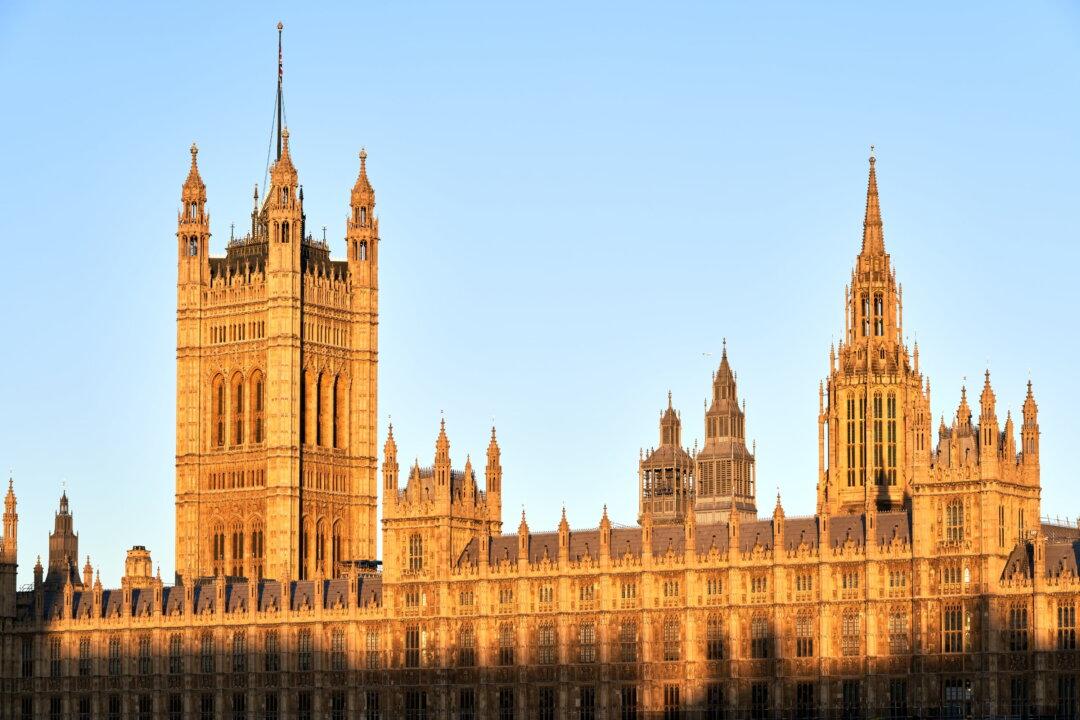The South Korean president has been impeached by the opposition-led National Assembly, which voted to suspend him from his official duties over his short-lived attempt to impose martial law earlier this month.
President Yoon Suk Yeol’s political fate now lies in the hands of the Constitutional Court, which has six months to decide whether to remove him from office.





